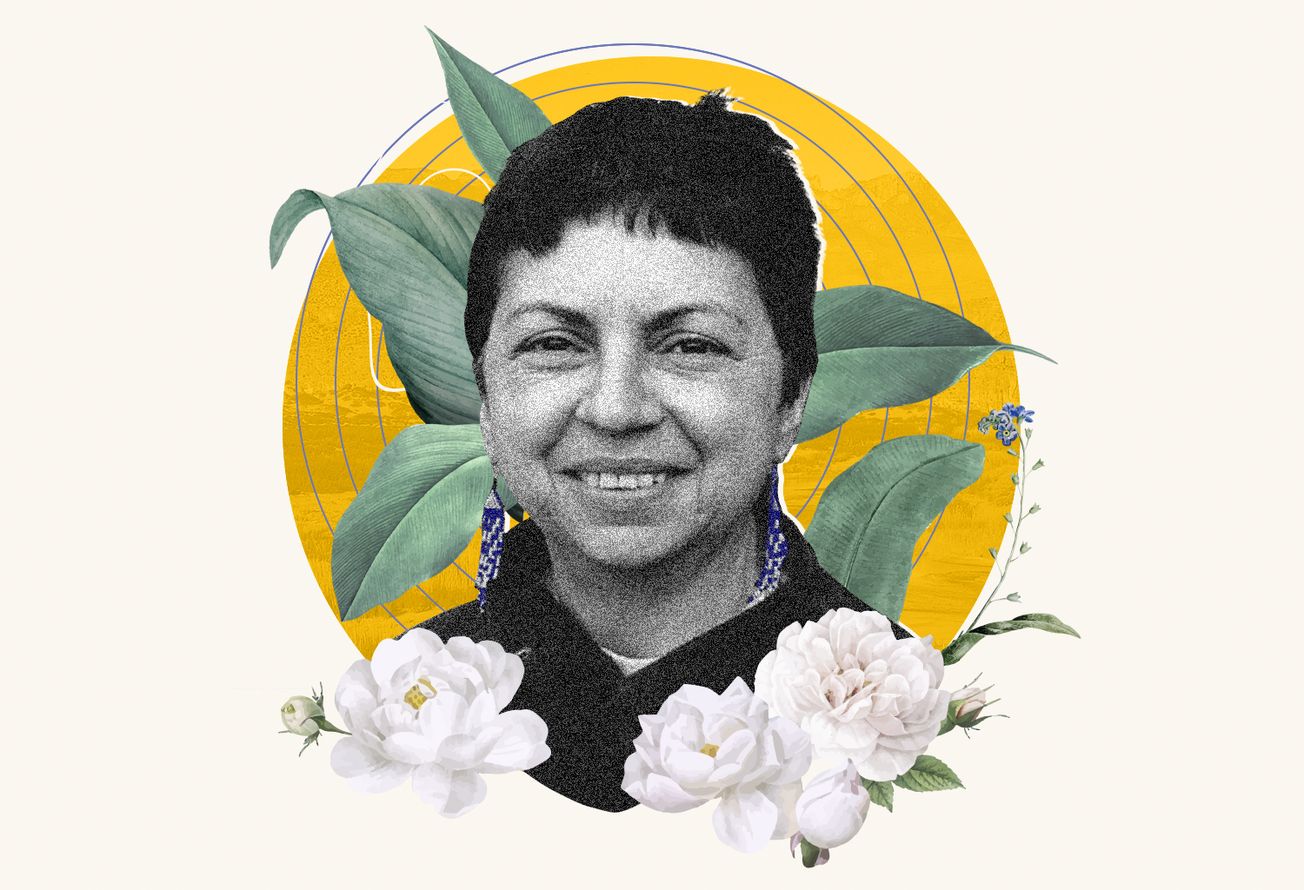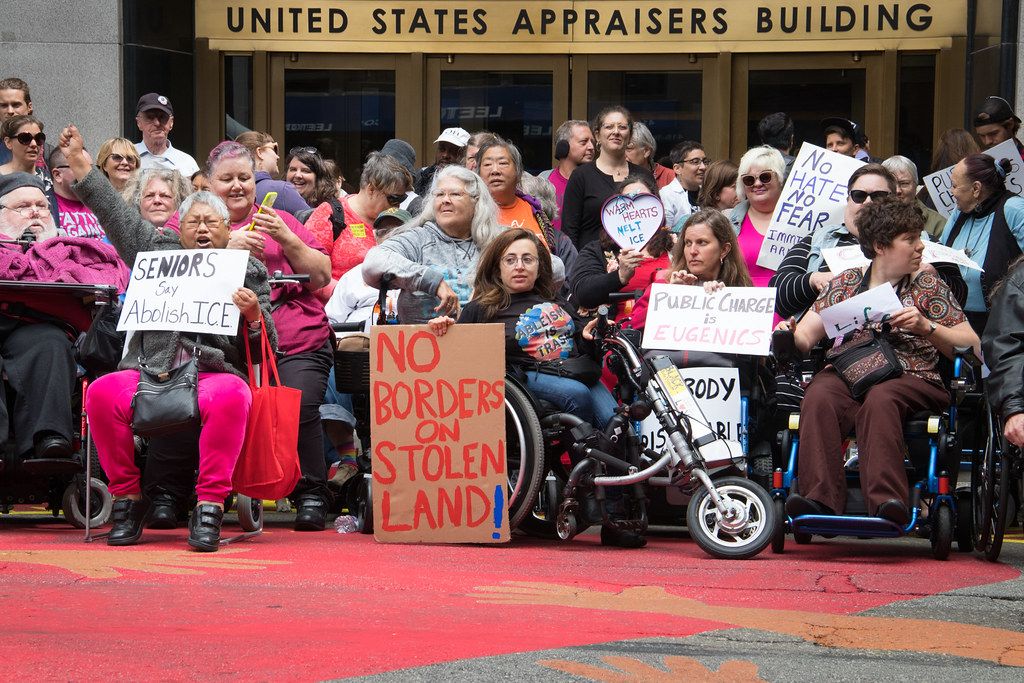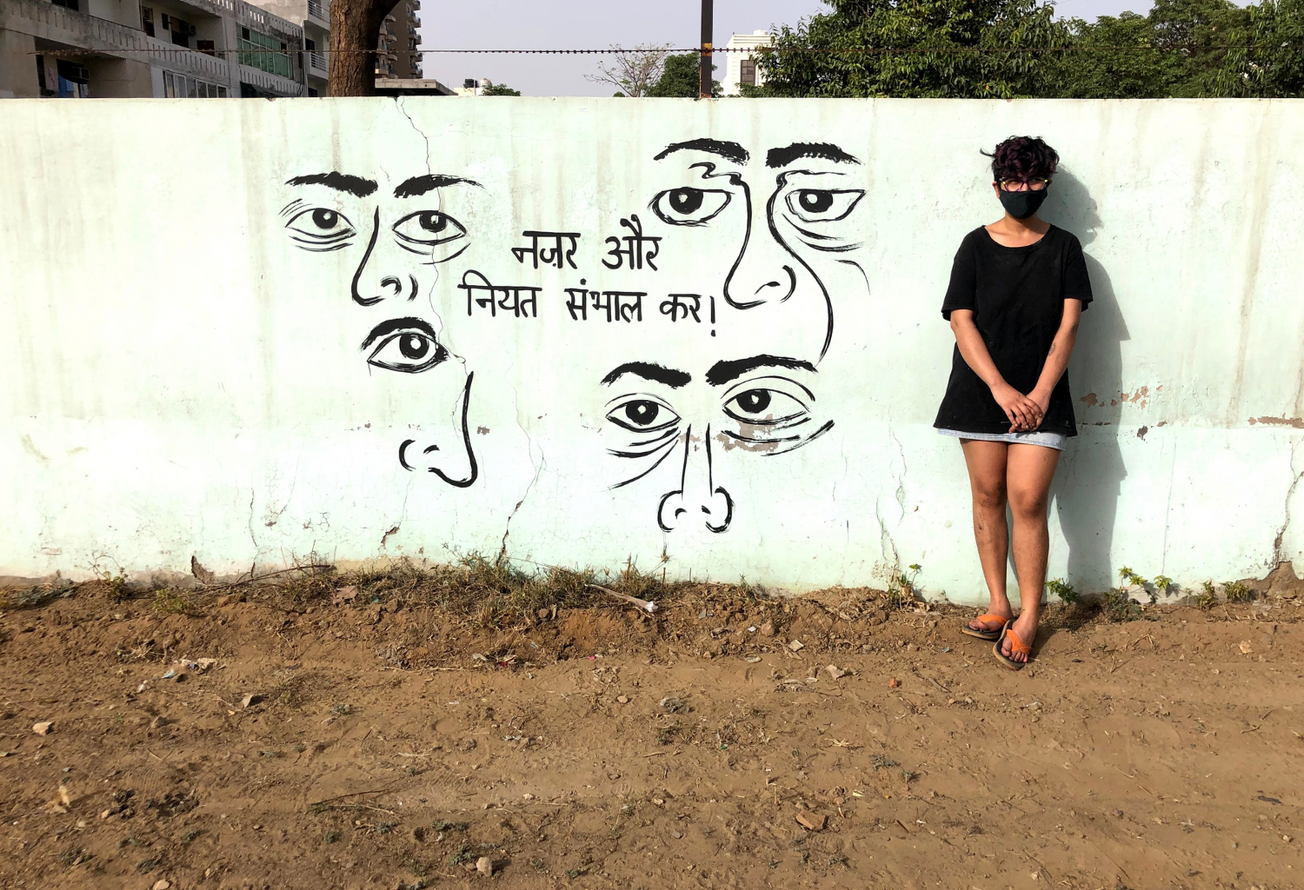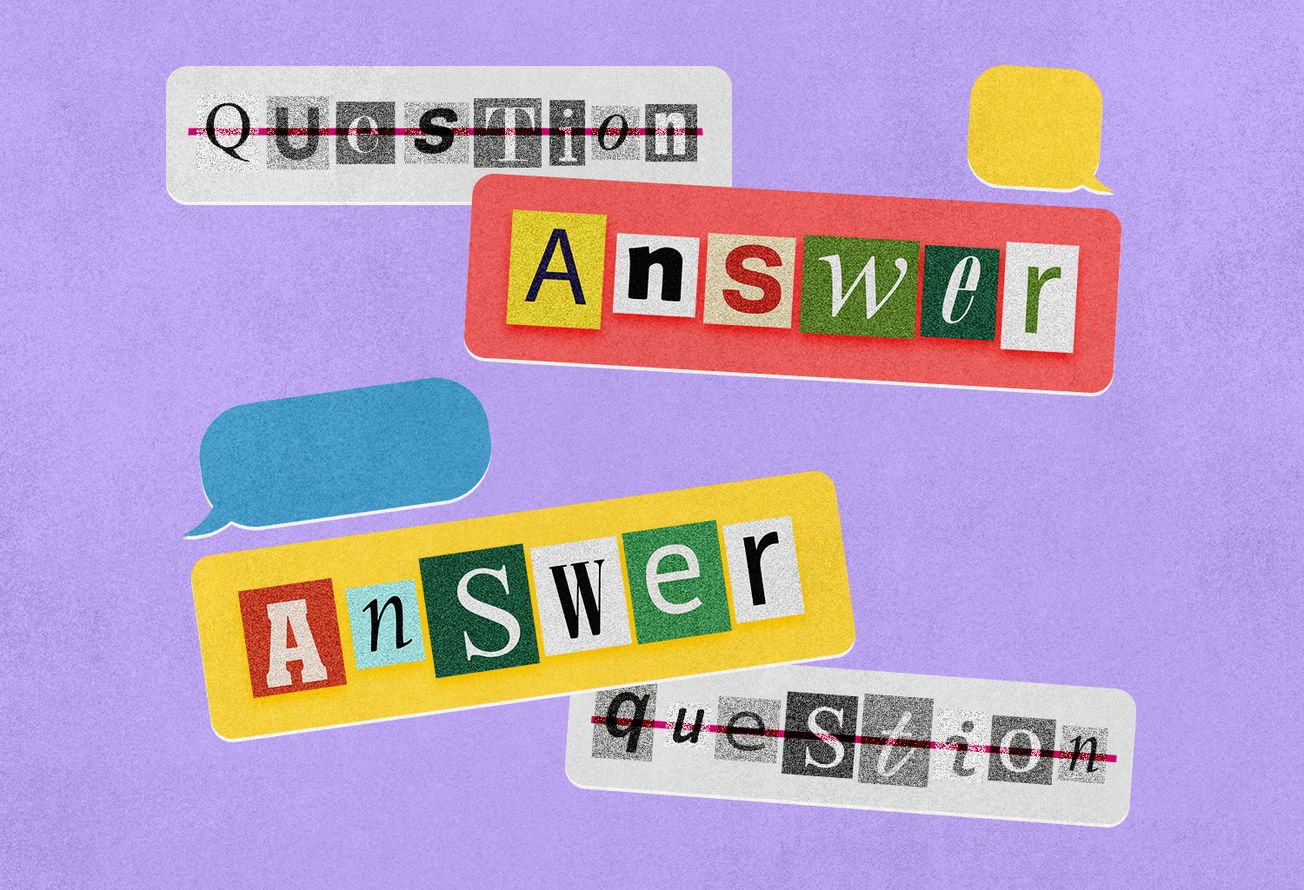It's 4:16 AM on a very cold morning. I am yet to finish the last two out of eight college assignments suddenly bombarded at us. My disability makes my body extremely spastic during the cold and it would be an understatement to say that I’m exhausted and in pain. But of course, I will continue working. Because if I decide to rest, it might give my professors and bosses (of these extra projects that I keep taking up) the chance to suggest that I am not trying hard enough to "overcome" my disability, to be the extraordinary disabled person that I am expected to be. So, I will continue working until my body and mind can’t endure any further; until I can't even move a finger to type another word. I don’t aspire to be extraordinary but if I don’t over-work, don’t exceed my bodily limits, I’d be labelled "lazy", "not smart", even "useless". This is what I have grown up listening to and this is what I am constantly subjected to.
The constant struggle to be perceived as "regular" and "productive"
I have always required flexible working time but I rarely ask for it and the same goes for a lot of other things that I need people to accommodate. I try to avoid the guilt and fear of being perceived as not good enough at what I do. Thanks to capitalism, my worth is based on how productive I can be. And of course, the game is already rigged since my productivity will always be “less than” my non-disabled peers. I am also afraid of asking for accommodations or “concessions”. I fear that if I am treated differently, I will be segregated from mainstream society. So I need to be at the “top of my game” all the time.
Not everyone needs accommodations, so whenever I have asked for them, I have almost always been segregated or made to feel inferior. For example, having to sit all alone in a separate classroom in school because I needed extra time to write my exams. To avoid facing any of this, I end up masking my needs, pushing my boundaries, and exceeding my limits so that I can be perceived as a “regular” and “productive” person like everyone else. However, even that doesn’t work in my favour because then I am perceived as “inspirational”. Because apparently when you are disabled, you are either “a hero or a zero”. I cannot escape being bracketed into one or the other.
And then there is this dreadful notion that disabled people have extraordinary, divine powers (in our country we are very dearly called divyang or divine souls). It’s almost scary that people don’t realise the terrible implications of assigning divine nature to disabled people. Few understand that this divine status disregards our identity and allows people to escape accountability. Calling us divine instead of disabled implies that we don’t belong to your realm and you don’t want to acknowledge our disabilities because that would require you to make room for the needs and accommodations that accompany it. Because we are expected to get past everything with our magical superpowers, you can get away without making any extra effort.
The real barrier for disabled people is not our disability but the ableist world
As if being both disabled and ordinary isn’t acceptable, we are required to excel at many different things to “make up” for our disability—the more heroic the better so that non-disabled folks are more in awe. Not just in academics or work, there is relentless pressure on us to over-achieve even in our hobbies. I keep taking on extra roles, projects, tasks because I always feel I am not doing enough. Naturally, I burn myself out. My body has its limitations. I know that I can’t sit for more than seven hours without my back hurting but I’ll end up sitting for more than ten hours most days. I will end up doing all my assignments without asking for extensions because I’m afraid to be seen as “lesser”.
And then, there is inspiration porn—a term coined by Stella Young, a disability rights activist who argues that both sexual and inspiration porn have an element of objectification. Young is right and that’s why I never signed up to become an object of inspiration for anyone. Non-disabled people will put me on a pedestal, call me "inspiring" just because I am sitting on a wheelchair and will feel good about themselves for not having a disability. But I don’t want to be extraordinary, thank you. Whether I am an inspiration "despite" my disability or incapable "because" of my disability, people are constantly objectifying me just for existing. This is the result of viewing disabled people as inherently incapable of performing daily tasks. So, when people see us performing a simple everyday task, or any task at all for that matter, they are shocked at what we can “overcome” and feel “inspired”. Disability is not something that we ought to overcome. Why can’t we exist and do things in peace as disabled people? Why must our disability always be seen as limiting or restricting or as a “barrier”, when, in fact, the real barrier that we need to overcome is the ableism perpetuated by non-disabled people?
Weaponised pity against disability and ableist ideas of a happy life
There was an illustration that went around in newspapers during Paralympics, where the “dis” in disability was hidden with medals. A picture of a disabled person painting with their toes has been forwarded to me a hundred times on various messaging groups. These images tell stories of people’s brilliance “despite” their disability, ask others to look at them and be inspired to live full lives. There was another image of a wheelchair user looking at their shadow on the wall where they transform into a non-disabled dancer wearing a ball gown. It was shared with me so many times when I was younger that I even kept it as my WhatsApp display picture for some time. I had internalized its ableist message and actually believed I was supposed to disregard the fact that I was disabled in order to live a “happy life”.
Too many images and ideas reinforce the widespread belief that having a disability is so bad that someone living with it should either be celebrated for merely existing or be forced to completely disregard their disabilities. If they decide to be their unapologetically disabled selves, they’d most certainly be considered “weaker” or “less than”. These ideas give a license to those without disabilities to objectify us in order to feel good about themselves. The assumption that disabled people are stranded with something terrible is so dominating that a lot of us grow up internalizing it. I am constantly fighting the thought that I am a burden and useless to everyone around me. How am I supposed to take up space with confidence anywhere when I am not even sure if I deserve to?
To people without disabilities, I say: you put an added strain on me to have to constantly prove my worth to you. If you don’t owe that to anyone, why should I? I don’t know. Can I just ignore this and give up trying to seek validation? No. Because truth be told, I don’t know how to get out of this omnipresent ableist labyrinth you have created for me that doesn’t allow me to exist as an ordinary being.










